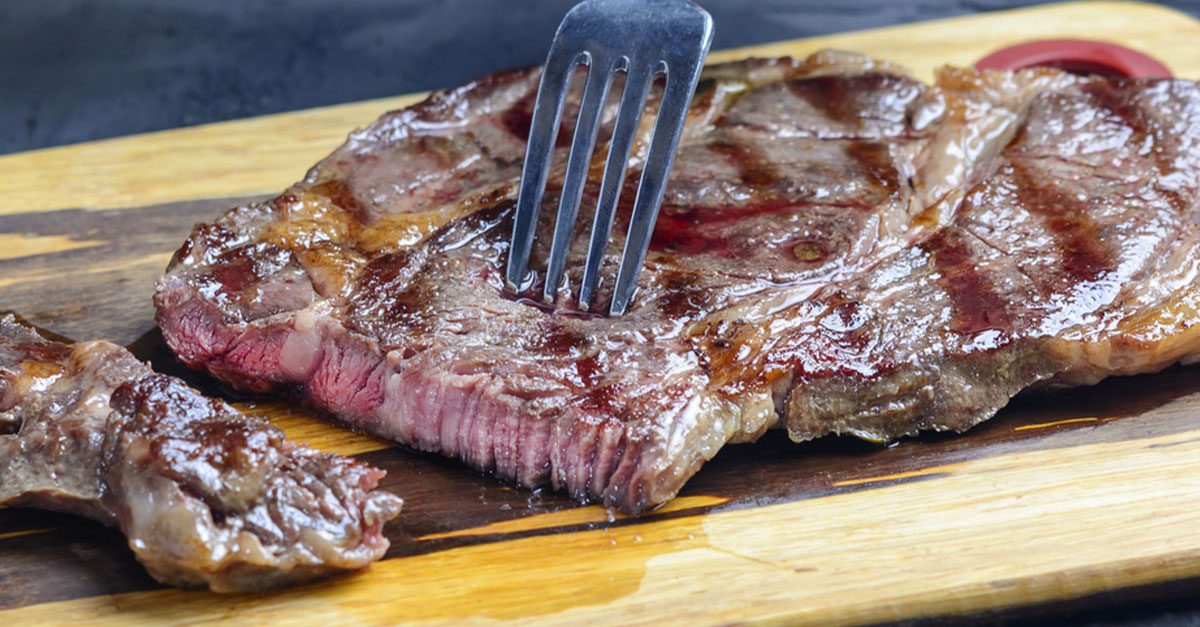Why Isn’t Meat Consumed On Fridays During The Lent Period
For Catholic tradition, Friday, especially during Lent, is a special day: why don't we eat meat and instead fish is allowed? Here are all the reasons that led this tradition to take root.
;Resize,width=742;)
Good Friday, a holy day for Christians around the world, is a time of deep reflection and spirituality. On this day, we commemorate the crucifixion and death of Jesus Christ, an event that marks the culmination of the Passion and the prelude to the Resurrection: in fact, Catholic believers must avoid eating meat on all Fridays of Lent and in particular on the Friday of Holy Week. One of the most deeply rooted and widespread traditions among the faithful is "abstinence from meat", an act of penance and spiritual union with the sacrifice of Christ. But why is this precept so important and rooted in the Christian liturgy? Why meat and Friday?
The Lenten Fast and Abstinence From Meat
Symbolically, in Christian tradition, Ash Wednesday represents the beginning of the 40 days that Jesus spent in the desert – after his baptism in the Jordan and before his public ministry – in meditation and abstinence from temptations. Due to an overlapping of calendars, however, it is not exactly 40 days: Lent, in fact, lasts from Ash Wednesday to Holy Thursday, for a total of 44 days.
Thus begins what is known as the Lenten Fast. Believers should do penance starting from Ash Wednesday, observing fasting and abstinence from meat: but what exactly is abstinence from meat? It is a general precept of the Catholic Church that imposes not to eat meat on the "lean days ", that is, Fridays and other prohibited days specified in the sacred texts.

Why Don't You Eat Meat on Fridays?
The tradition of abstaining from meat on Fridays during Lent has deep roots in the history of Christianity and is based on various symbolic meanings and penitential practices. Good Friday is the day on which, according to Christian tradition, Jesus Christ was crucified: abstaining from meat on this day is a way to remember and honor Jesus' sacrifice.
But Friday is generally a particularly significant day in the Christian tradition, and abstinence from meat during Lent is closely linked to this day for several reasons. First of all, the remembrance of the Passion of Christ, as we were saying. The Catholic Church has always reserved a special penitential observance for Friday: this tradition dates back to time immemorial and is based on the idea of suffering with Christ in order to be glorified with him. In fact, the Code of Canon Law prescribes abstinence from meat on the "lean days", which include all Fridays of the year, with particular emphasis during Lent: this precept is an integral part of Catholic liturgical practice, even if it is not observed so strictly today.
The reasons why Friday is a day of fasting are not only linked to the liturgy but, as always, also have socio-economic and, of course, historical roots. In the past, in fact, meat was an expensive and rare food: abstaining from its consumption was a way to show solidarity with the less fortunate.
Why is Fish Allowed on Fridays During Lent, Then?
The consumption of fish during Lent, although it may seem contradictory, is permitted for several historical and cultural reasons. In the past, fish was considered the food of the poor and provided fewer calories than meat, especially red meat, which was considered a symbol of opulence and celebration: this made it an acceptable option for days of penance. The Catholic Church has always defined "meat" as derived from land animals, excluding fish and other aquatic animals, a distinction that has since become entrenched in liturgical and canonical tradition.
Although fish is no longer considered a poor food, the tradition of eating it during Lent has remained. However, the Church emphasizes the importance of avoiding luxurious or expensive foods, regardless of the type of protein. For example, a cod cooked quickly without too many frills is permissible, while a lobster or a very expensive fish would obviously violate the concept of "penance".
;Resize,width=767;)
;Resize,width=712;)
;Resize,width=712;)
;Resize,width=712;)
